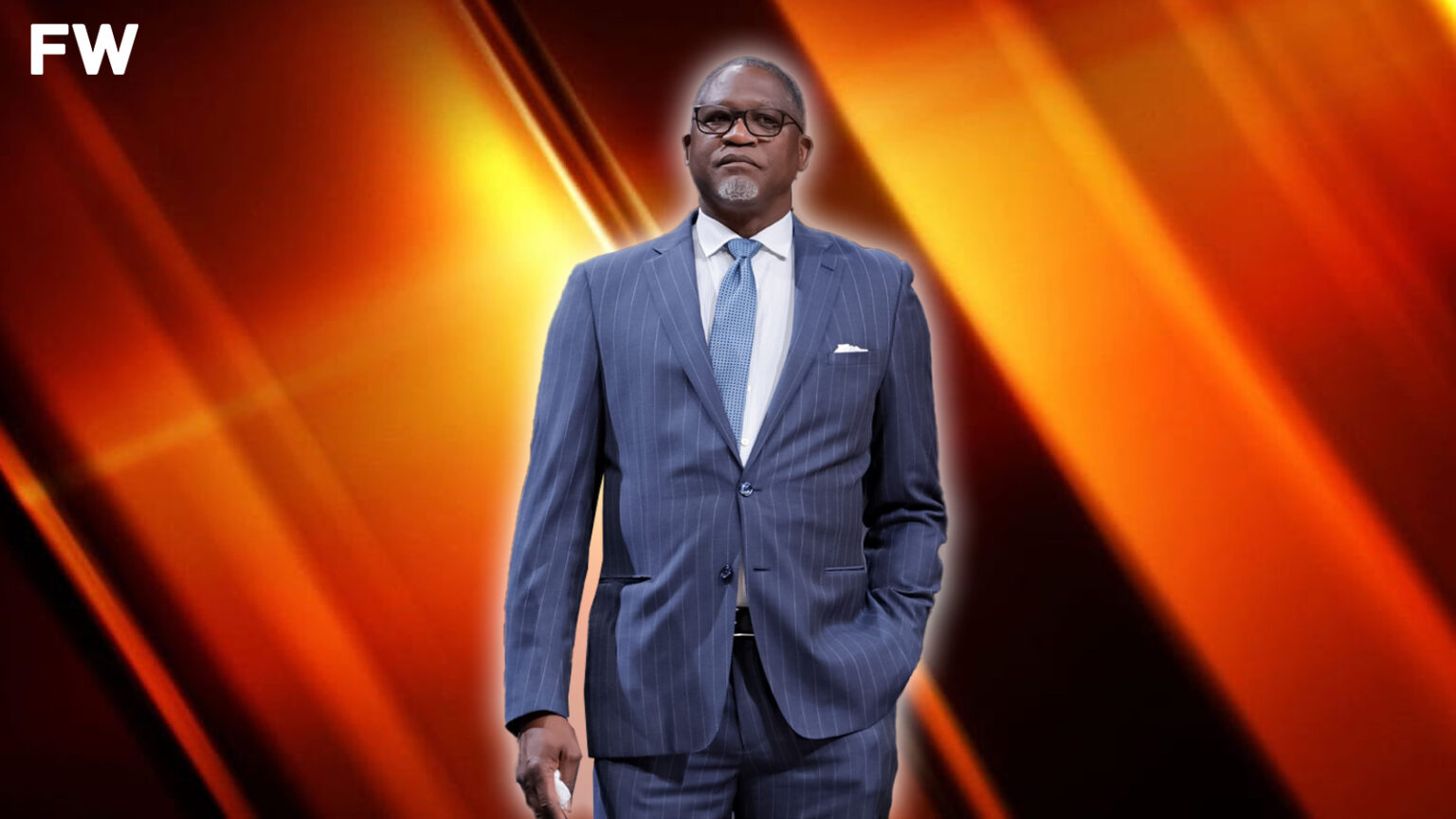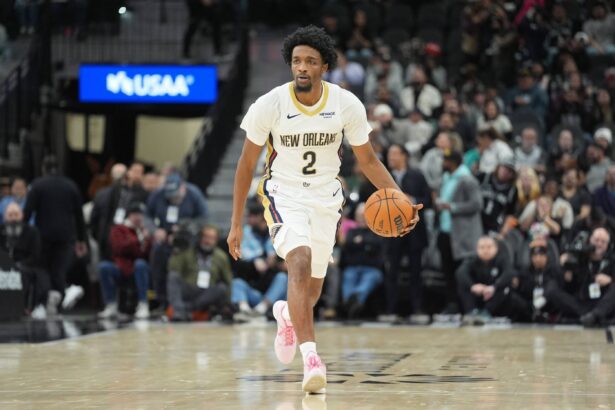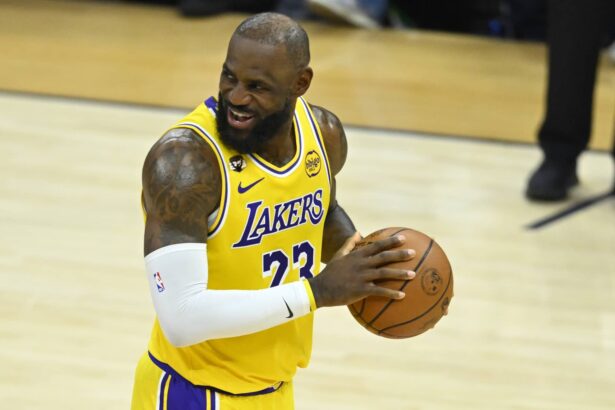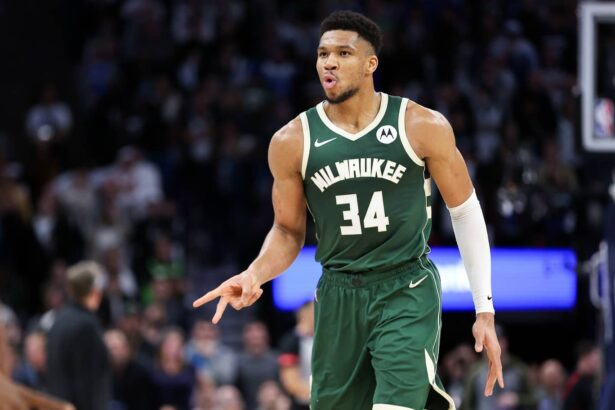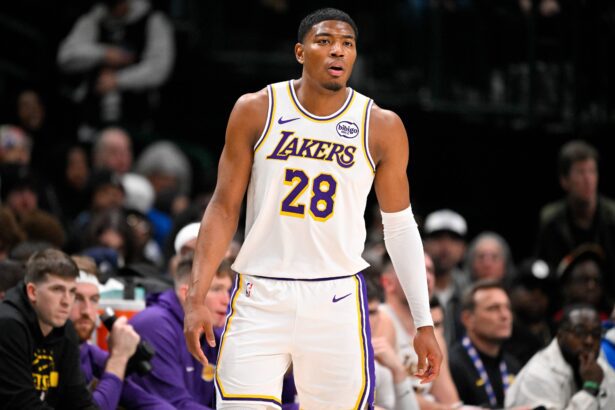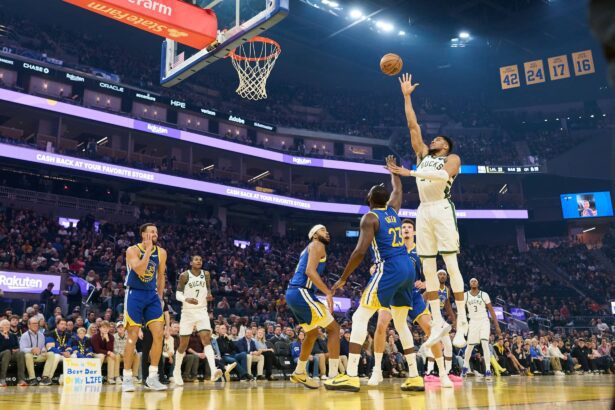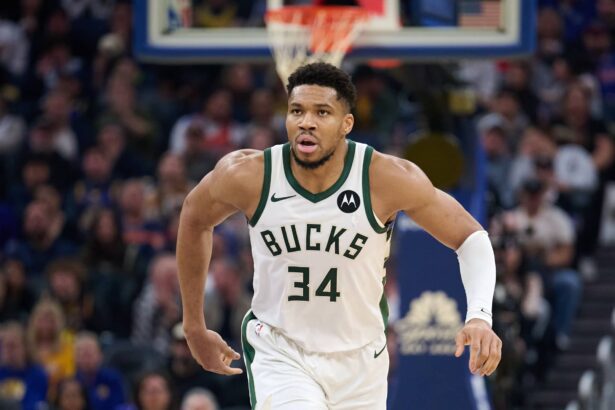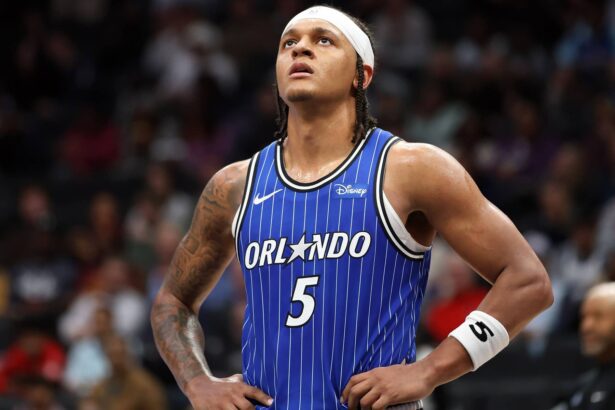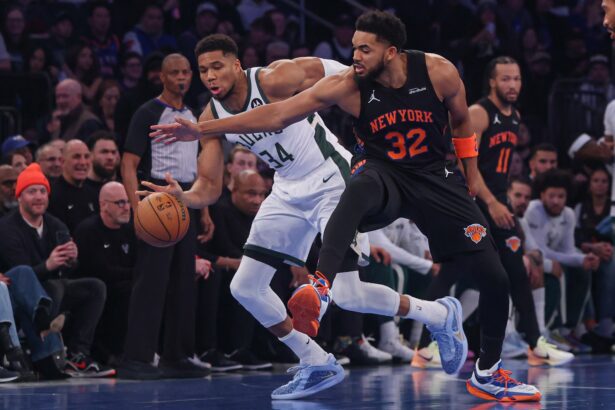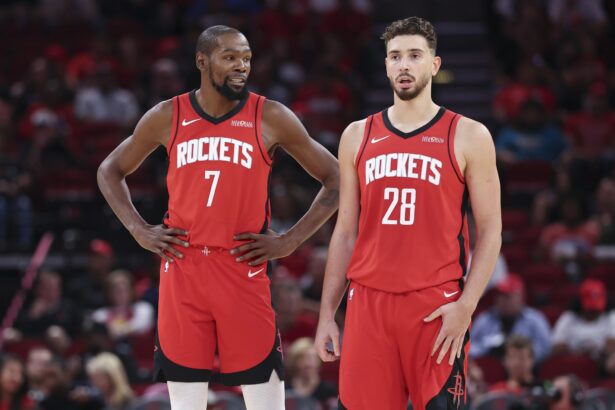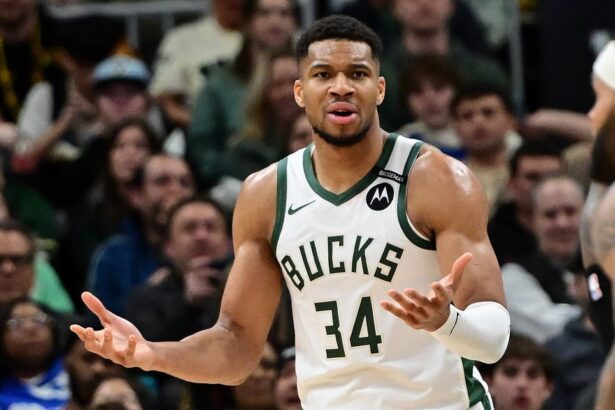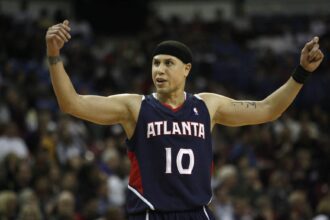Dominique Wilkins, “The Human Highlight Film,” is one of the most respected figures in NBA history. His electrifying dunks, clutch scoring, and fierce competitiveness left a permanent mark on the game. But now, at 65 years old, Wilkins is less concerned with highlights and more focused on respect. In a recent interview, he expressed frustration with how today’s NBA stars sometimes talk down on the legends of past eras.
“One thing about me: I always give credit where it’s due, but I wish these young guys would stop using us as a punching bag to prove their point. Being a part of history is the most meaningful thing, because we all grew up wanting to be like someone. So we have to have that respect.”
His comments speak to an ongoing tension that has flared up in recent years. The older generation often criticizes the current one, calling today’s game “soft” and less physical compared to the bruising battles of the 1980s and 90s. Scottie Pippen, Dennis Rodman, Charles Oakley, Charles Barkley, and even Shaquille O’Neal have all taken shots at the modern era.
On the other side, players like LeBron James, Stephen Curry, Kevin Durant and Draymond Green have clapped back, pointing out that today’s NBA is the most skilled era in history. The range, spacing, ball-handling, and overall versatility of today’s stars, they argue, far surpass anything the league has ever seen.
Fans have grown weary of the back-and-forth.
Respect, they say, has to be a two-way street. Wilkins is right to demand credit for the legends who paved the way; without them, the NBA wouldn’t be the global powerhouse it is today.
He, Magic Johnson, Larry Bird, and Michael Jordan carried the league from struggling TV ratings into the cultural juggernaut it became. Their sweat, battles, and sacrifices set the stage for Stephen Curry’s shooting revolution or LeBron James’ dominance.
But here’s the other side: if the older generation continuously calls today’s players “soft,” mocks their style, and minimizes their achievements, how can they expect silence in return? Respect can’t just flow backward; it has to move forward, too.
Today’s players may not be fighting through hand-checks or wrestling with the Bad Boy Pistons, but they’re pushing the game to new heights of skill. Teams now require shooting from all five positions, point guards are 6’7” wings, and the league is more global and competitive than ever before.
As Wilkins himself admitted, every era is different. Players are shaped by the rules, training, and culture of their time. The league in the 80s valued toughness and mid-range scoring; today, it values efficiency and versatility. Neither era is inherently “better,” but both deserve recognition for what they represent.
The real issue is that this generational feud creates unnecessary division. Fans don’t want to see Dominique Wilkins and Stephen Curry tearing each other down they want to see the connection between them. Curry’s skill today is just as important as Wilkins’ impact in the 80s. Both belong in the same story, the story of basketball’s evolution.
Wilkins’ call for respect is fair, but so is the modern generation’s defense of its own greatness. The truth is simple: every era is hard, every era produces stars, and every era matters.
Instead of fighting over who had it tougher or who’s more skilled, maybe both sides need to acknowledge that the game keeps moving forward, and that’s exactly what makes it beautiful.

